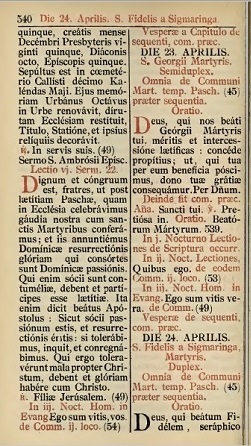

Hereafter we find the word Countinge borde as an evidence. It would hence appear that towards the commencement of the XVIth century the use of the Arabic numerals had in some degree superseded the ancient mode of calculating by the abacus, and counters, which, at the period when the Promptorium was compiled, were generally used. I shall reken it syxe times by aulgorisme, or you can caste it ones by counters.” Palsg.

To caste an accomptes after the comen maner, with counters, compter par iect. To caste an accomptes with counters, after the aulgorisme maner, calculer. To cast an accomptes in aulgorisme with a penne, enchifrer. To counte, reken by cyfers of agryme, enchifrer. See Palmer's Glossary, and Boucher under the word Axewaddle. Aska, that askefis was applied as a term of reproach to those who remained indolently at home by the fireside, as axewaddle is used in Devonshire. 2257, a variety of the Medulla, renders the word “a heter of blode iren, or an axe wadelle ” and it appears in Ihre's Lexic. Anglice, aske fyste, a fyre blawer, or an yrne hotter.” The Harl. Wilbraham's curious Latin-English Dictionary, printed about the same time as the Promptuarium, ciniflo is explained to be one, “ qui flat in cinere, vel qui preparat pulverem muliebrem. Mus., nor in the Ortus Vocabulorum, but in Mr. 1360, “ ciniphlo, a fyre blowere, an yryn hetere, an askefyce.” The word does not occur in several MSS. 1022, ciniflo is rendered, an aske fyse and in another, No. in the possession of Sir Thomas Phillipps, No. The printed editions all agree with the other MSS.

Askysye, is here given, although probably it is an error, by inadvertence of the scribe.


 0 kommentar(er)
0 kommentar(er)
